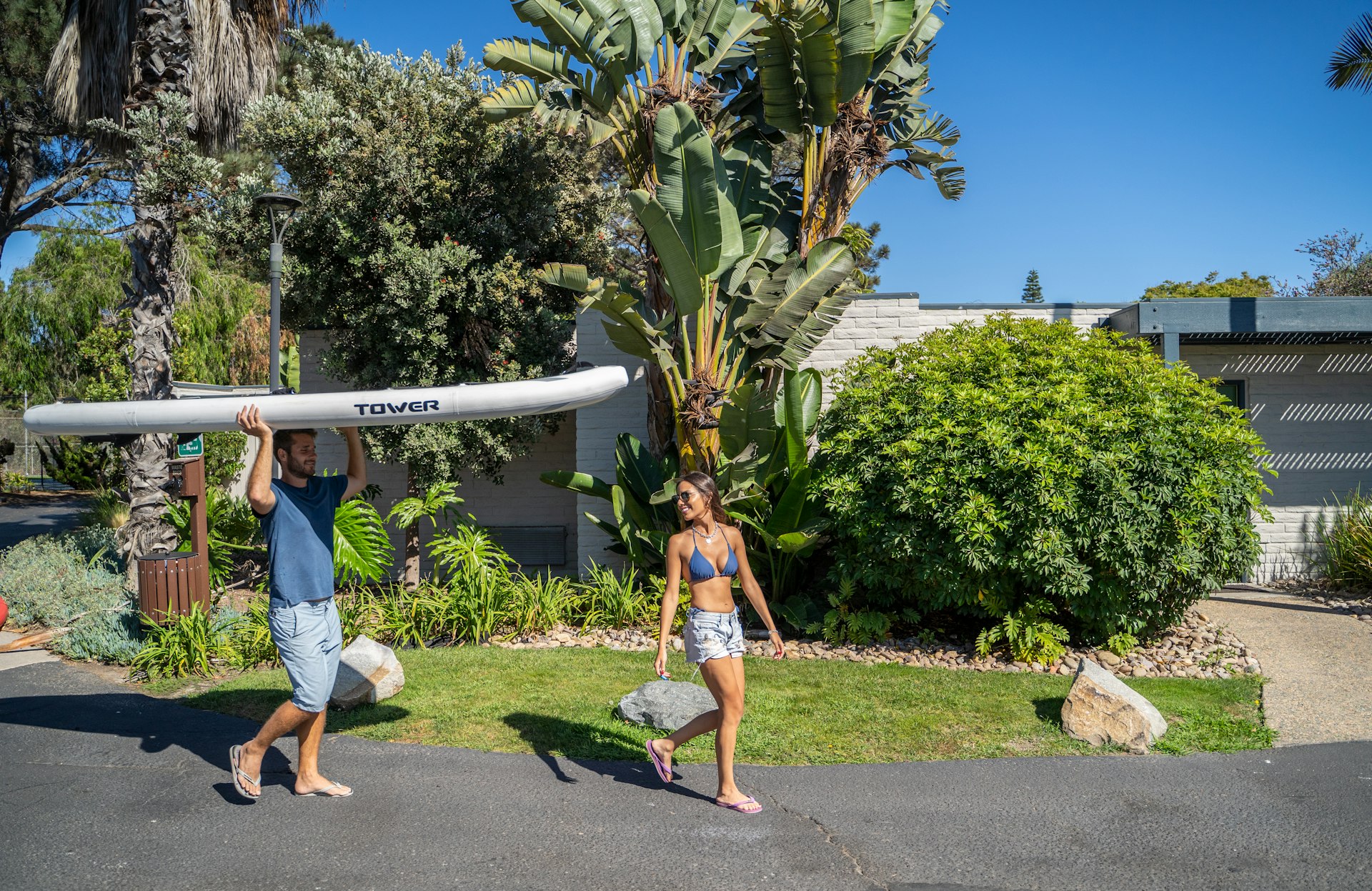Voluntary Simplicity: Choosing Less for a Richer Life

Photo by Brett Jordan on Unsplash
Understanding the Voluntary Simplicity Lifestyle Movement
The voluntary simplicity lifestyle movement is a growing social trend that encourages individuals to consciously reduce their material consumption and prioritize non-material sources of satisfaction, such as relationships, creativity, and personal growth. While it often rejects the high-consumption, materialistic values of mainstream society, voluntary simplicity is not about asceticism or poverty. Instead, it is a deliberate and thoughtful approach to living with less, often in the belief that a simpler life can be richer, freer, and more meaningful [1] [2] .
The Core Principles of Voluntary Simplicity
At its heart, voluntary simplicity is built on several core principles:
- Thoughtful Frugality: Carefully evaluating needs versus wants and spending money only on what brings genuine value or necessity.
- Minimalism and Functionality: Preferring fewer, high-quality possessions and avoiding unnecessary clutter.
- Self-Sufficiency: Developing skills to meet personal needs independently, such as growing food or fixing items.
- Conscientious Consumption: Making purchasing decisions that consider their impact on society and the environment.
- Creativity and Contemplation: Valuing experiences, personal development, and creativity over material accumulation.
- Harmony with Nature: Living in ways that respect and protect natural resources [4] .
Benefits and Motivations
People are drawn to voluntary simplicity for a variety of reasons, and the reported benefits are diverse:
- Personal Fulfillment: Many find increased satisfaction by focusing on relationships, health, and mental well-being instead of possessions.
- Reduced Stress: Simplifying life often means less debt, fewer obligations, and a slower pace.
- Ecological Impact: Lower consumption typically leads to a smaller environmental footprint.
- Financial Freedom: Frugality and reduced spending can help individuals achieve financial independence more quickly.
- Social Justice: Some view simplicity as a way to ensure fairer distribution of resources worldwide [2] [1] .
According to a multi-national survey of over 2,000 participants, the most common motivations include personal well-being, environmental concern, and a desire for greater autonomy [5] .
Real-World Examples
Voluntary simplicity can take many forms, and real-life examples abound:

Photo by hej_lian on Unsplash
- Downshifting Careers: Some individuals choose to work fewer hours, accepting lower income in exchange for more free time and reduced stress.
- Minimalist Living: Many adopt minimalist home designs, declutter possessions, and focus on maintaining only what is essential.
- Community Gardens: Groups and individuals grow their own food or share resources, fostering self-sufficiency and community.
- Media Reduction: Reducing screen time and digital distractions to focus on face-to-face relationships and creative pursuits.
- Intentional Purchasing: Choosing locally produced, sustainable goods even when they cost more, to support ethical practices and reduce ecological impact [3] .
For example, some people participate in clothing swaps, repair cafes, or cooperative housing projects to share resources and lower costs while increasing social connection.
How to Begin with Voluntary Simplicity: Step-by-Step Guidance
Transitioning to a simpler lifestyle can be done gradually and tailored to individual circumstances. Consider the following steps:
- Reflect on Values: Begin by identifying what matters most. Consider keeping a journal to track what brings joy and meaning versus what causes stress or distraction.
- Audit Possessions: Review household items and ask whether each serves a purpose or brings happiness. Donate, sell, or recycle items that no longer fit your values.
- Reduce Consumption: Challenge yourself to limit new purchases for a set period. When buying, focus on quality, necessity, and sustainability.
- Reclaim Time: Look for ways to reduce time spent on non-essential activities, such as excessive work hours or digital media, and allocate more time for people, hobbies, or rest.
- Practice Self-Sufficiency: Learn a new skill, such as gardening, cooking from scratch, or basic home repair, that increases independence and resilience.
- Join a Community: Seek out local or online groups focused on simple living or sustainability. These communities can offer support, resources, and shared experiences.
Remember, voluntary simplicity is not about rigid rules or deprivation but about creating a life aligned with your values and priorities.
Common Challenges and Solutions
Adopting a voluntary simplicity lifestyle is not without its obstacles. Some common challenges include:
- Social Pressure: Family or friends may not understand your choices. Open communication and sharing the reasoning behind your lifestyle can help.
- Habit Change: Reducing consumption requires breaking long-established habits. Start gradually and celebrate small wins.
- Resource Access: Sustainable products or community resources may not be easily available everywhere. Consider online communities or local cooperatives for alternatives.
- Financial Uncertainty: Downshifting work or reducing income can cause financial anxiety. Create a detailed budget and build an emergency fund before making big changes [4] .
Many find that over time, the rewards-such as reduced stress and greater fulfillment-outweigh these challenges.
Alternative Approaches to Simplicity
There is no single path to voluntary simplicity. Some people focus on environmental sustainability, others on financial independence, and some on spiritual or community goals. Here are a few alternative approaches:
- Tiny House Movement: Living in small, efficient homes to minimize expenses and environmental impact.
- Slow Living: Emphasizing mindful, intentional choices in all aspects of life, from food to relationships.
- Zero Waste: Striving to eliminate all forms of waste through conscious consumption and recycling.
- Localism: Prioritizing locally sourced food, goods, and services to reduce environmental impact and strengthen community ties [2] .
Exploring different streams can help you find an approach that resonates with your values and circumstances.
Finding Support and Resources
While there are many books and online resources on voluntary simplicity, be cautious about unverified websites. For reliable community and educational resources, consider the following steps:
- Search for “voluntary simplicity groups” or “simple living community” on reputable platforms like Meetup or Facebook Groups.
- Look for local sustainability or transition town initiatives, which often welcome newcomers interested in simple living.
- Libraries and bookstores may carry works by Duane Elgin, David Shi, or Samuel Alexander, who are recognized authors in this field.
- Check university extension programs for workshops on sustainability, minimalism, or self-sufficiency skills.
If you are seeking more structured guidance, many community centers and nonprofit organizations offer classes and discussion groups on topics related to simple living. Always verify the legitimacy of any website or organization before sharing personal information or making a commitment.
Key Takeaways
Voluntary simplicity is about intentional choices, not deprivation. It empowers individuals to align their consumption and daily habits with their deepest values, often resulting in greater happiness, lower stress, and a lighter ecological footprint. By starting small and connecting with like-minded communities, anyone can begin to explore the benefits of this movement.
References
- [1] Simplicity Institute (n.d.). The Voluntary Simplicity Movement: Introduction.
- [2] Wiley Encyclopedia of Sustainability (2016). Voluntary Simplicity Movement – Alexander Samuel.
- [3] Sloww (2021). Voluntary Simplicity: Listening to the Quiet Revolution.
- [4] Simplicity Collective (n.d.). What is Voluntary Simplicity?
- [5] Samuel Alexander (2015). The Voluntary Simplicity Movement: A multi-national survey analysis in theoretical context.
MORE FROM resultsdiscount.com













